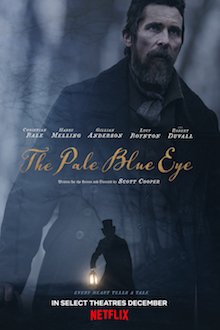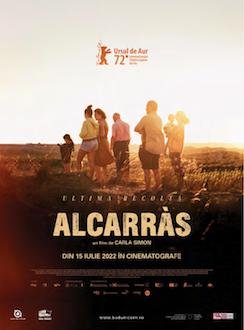Direction: Gerard Johnstone
Country: USA
M3gan is a sci-fi/horror hybrid film pelted with a lot of artifice but little intelligence. The sophomore feature from New Zealander director Gerard Johnstone, whose well-accepted debut happened in 2014 with Housebound, deals with the difference between a programmed robot and a human being as well as the perils that can arise from their linkage.
Allison Williams (Get Out, 2017) is Gemma, a brilliant coder and robotics engineer who develops a blue-eye human-sized titanium doll that can be very sweet and very creepy too. After a failed first contact with the world, M3GAN (theatrical debut of Amie Donald) - which stands for Model 3 Generative Android - is recovered and seems to have a purpose. She will help Gemma’s orphan niece (Violet McGraw) to overcome the unexpected loss of her parents. Their unbreakable bond, however, becomes extremist, revealing more trouble than the human love and affection the girl needs.
Working from an unsophisticated screenplay by Akela Cooper (Malignant, 2021), Johnstone makes an interesting point regarding the place of robots in the near future, but offers nothing more than that. With not enough surprises, this basic tale starts stable but goes to clichéd places as the author's imagination fails to go beyond the expected.
Cinematically, M3gan remains soft at the core, contaminated by harmful robotization while following the codes of Hollywood’s easy scares. It feels like a Beta version of something that could be much bigger. A sequel will hit the theaters in 2025; I hope it can be more ingenious and scarier than this first installment.








































